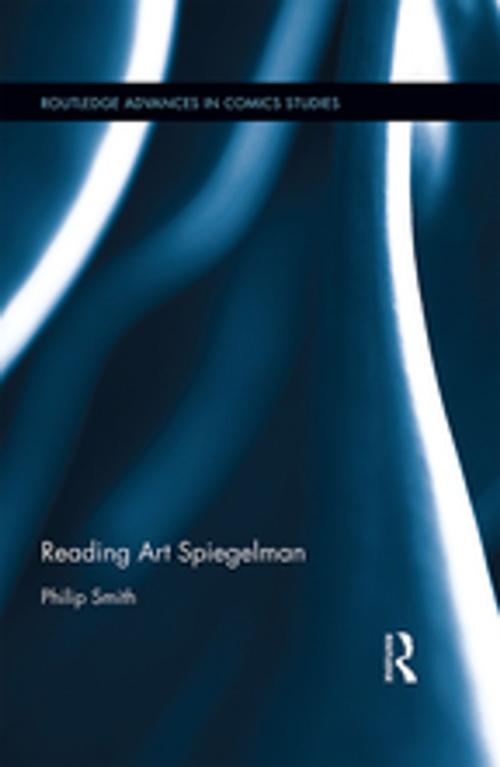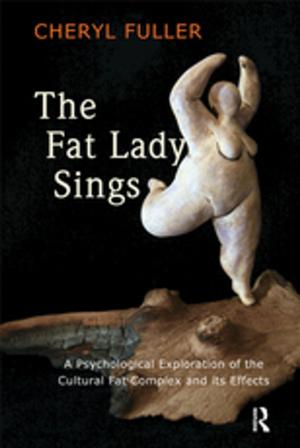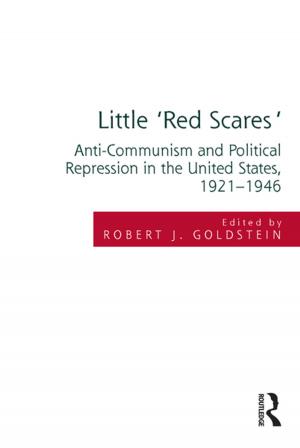Reading Art Spiegelman
Comics & Graphic Novels, Literary, Nonfiction, History, Jewish, Holocaust, Social & Cultural Studies, Social Science| Author: | Philip Smith | ISBN: | 9781317352426 |
| Publisher: | Taylor and Francis | Publication: | December 7, 2015 |
| Imprint: | Routledge | Language: | English |
| Author: | Philip Smith |
| ISBN: | 9781317352426 |
| Publisher: | Taylor and Francis |
| Publication: | December 7, 2015 |
| Imprint: | Routledge |
| Language: | English |
The horror of the Holocaust lies not only in its brutality but in its scale and logistics; it depended upon the machinery and logic of a rational, industrialised, and empirically organised modern society. The central thesis of this book is that Art Spiegelman’s comics all identify deeply-rooted madness in post-Enlightenment society. Spiegelman maintains, in other words, that the Holocaust was not an aberration, but an inevitable consequence of modernisation. In service of this argument, Smith offers a reading of Spiegelman’s comics, with a particular focus on his three main collections: Breakdowns (1977 and 2008), Maus (1980 and 1991), and In the Shadow of No Towers (2004). He draws upon a taxonomy of terms from comic book scholarship, attempts to theorize madness (including literary portrayals of trauma), and critical works on Holocaust literature.
The horror of the Holocaust lies not only in its brutality but in its scale and logistics; it depended upon the machinery and logic of a rational, industrialised, and empirically organised modern society. The central thesis of this book is that Art Spiegelman’s comics all identify deeply-rooted madness in post-Enlightenment society. Spiegelman maintains, in other words, that the Holocaust was not an aberration, but an inevitable consequence of modernisation. In service of this argument, Smith offers a reading of Spiegelman’s comics, with a particular focus on his three main collections: Breakdowns (1977 and 2008), Maus (1980 and 1991), and In the Shadow of No Towers (2004). He draws upon a taxonomy of terms from comic book scholarship, attempts to theorize madness (including literary portrayals of trauma), and critical works on Holocaust literature.















